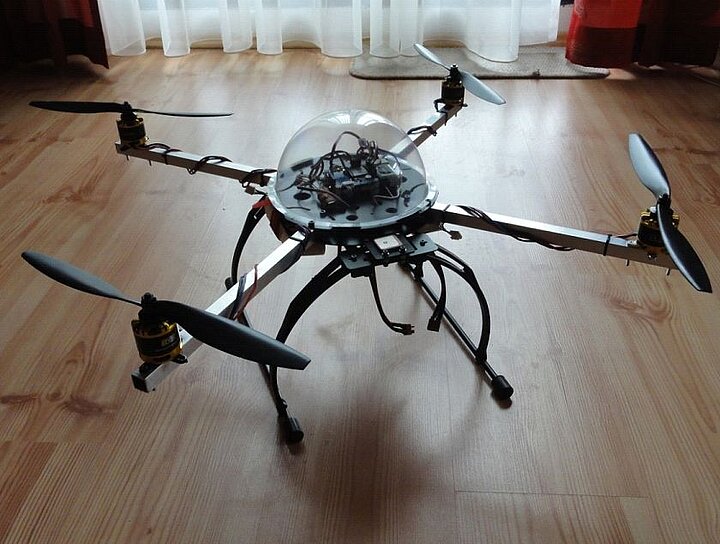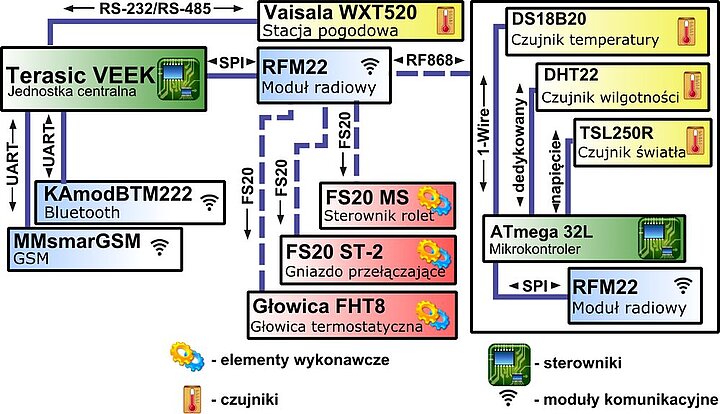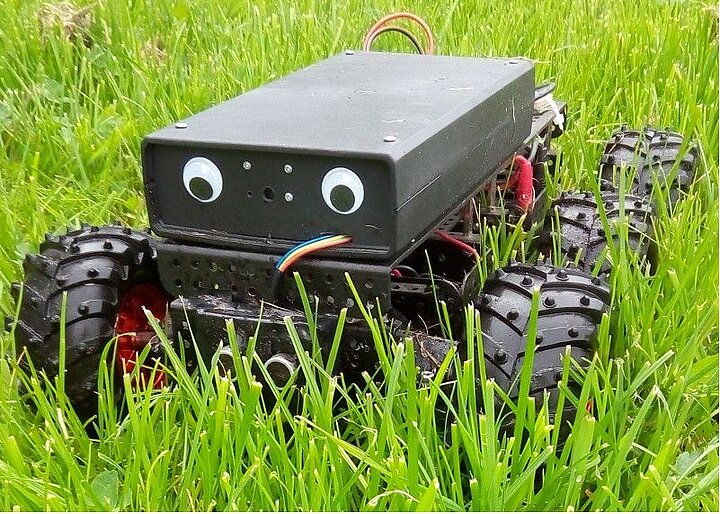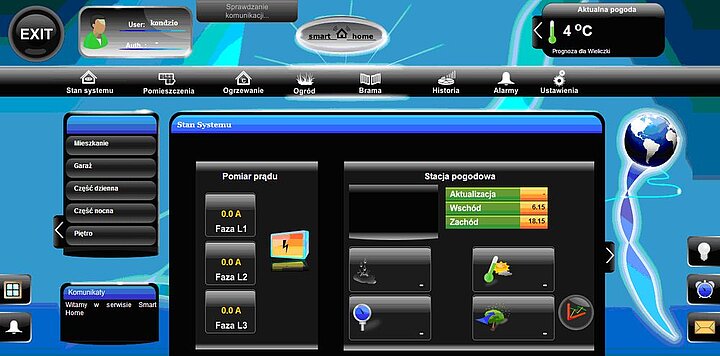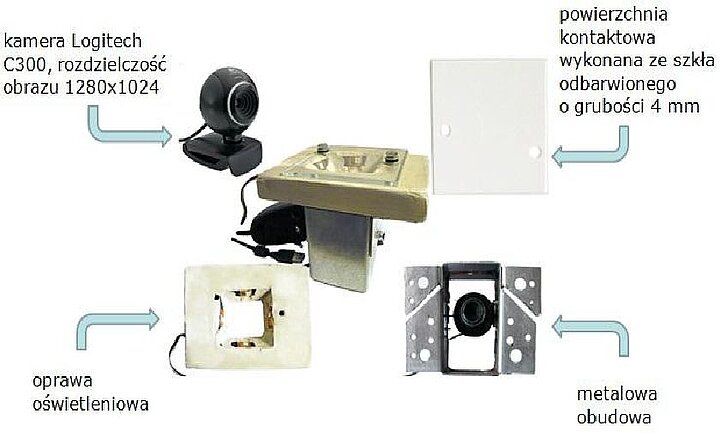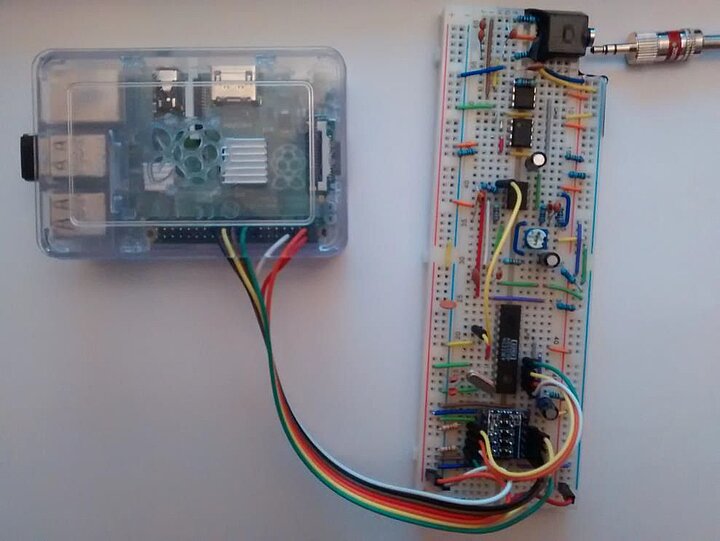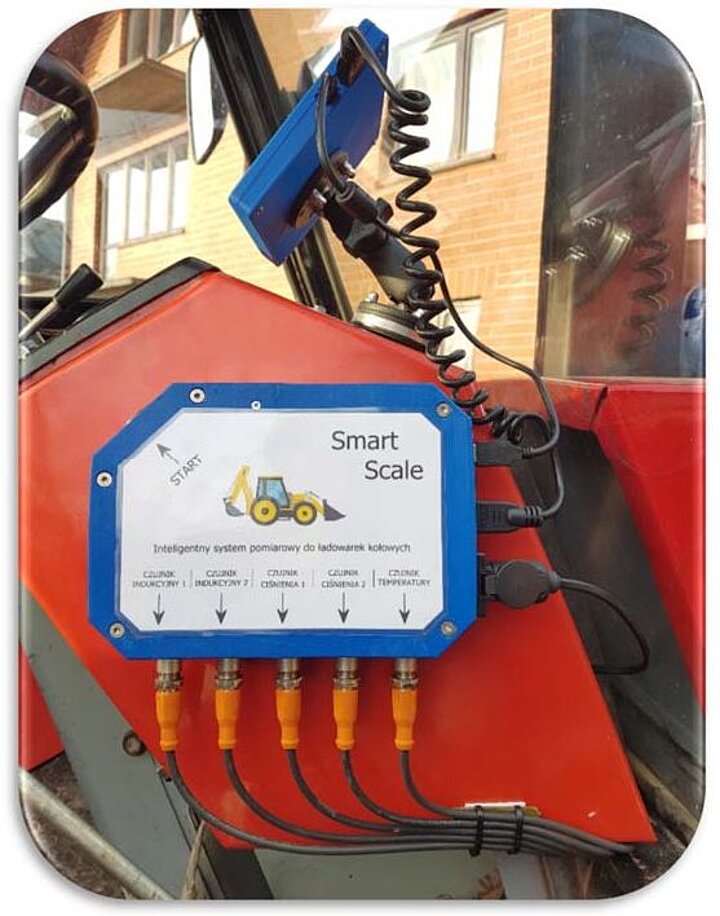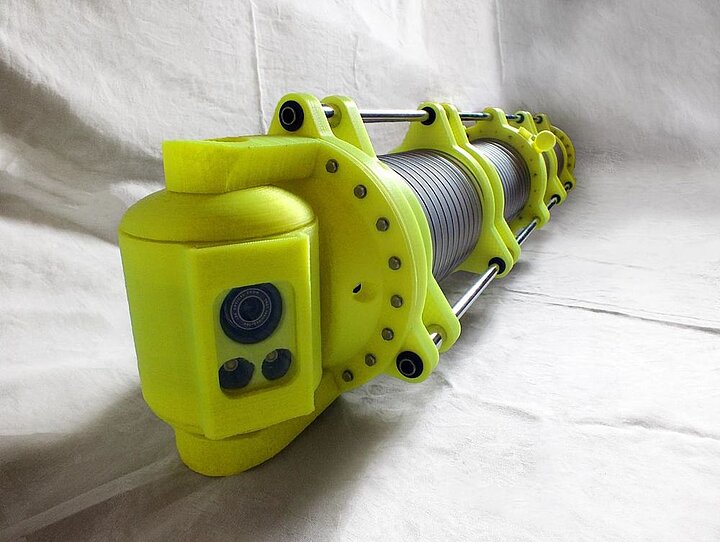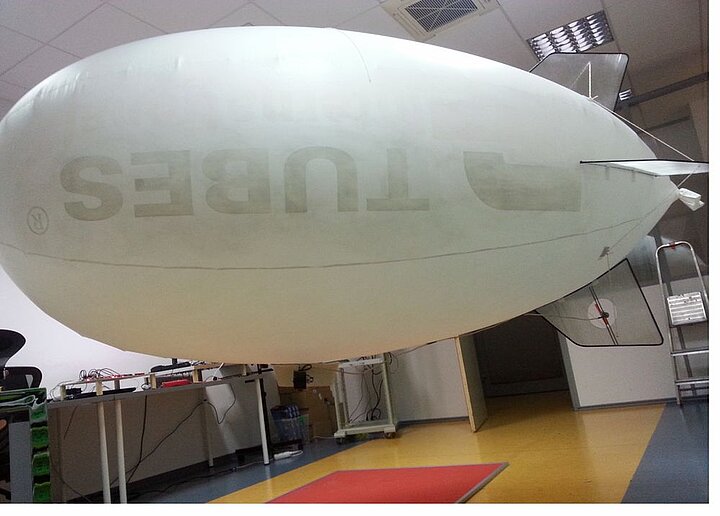Graduates of the "Intelligent Systems" specialization receive thorough knowledge in the field of applications of mechanics, electronics and computer science in the design, implementation, operation and servicing of intelligent systems and materials as well as technical structures and networks. Particular emphasis is placed on the use of mechatronics in various fields of engineering and the connection of theoretical foundations and experimental methods with modern information technologies.
The main feature of the education of a graduate of the "Intelligent Systems" specialty is interdisciplinarity. Students receive a good theoretical and practical preparation in the field of: mechanics, electronics and computer science, as well as knowledge including, among others, the following issues:
- intelligent systems,
- intelligent materials and structures,
- digital signal processing,
- computer modeling of systems and processes,
- mechatronic design control of mechatronic systems,
- project and resource management.
As part of the education process, great attention is paid to mastering the skills of designing, manufacturing and operating modern diagnostic, monitoring, control and management systems using, among others, adaptive systems, neural networks, fuzzy sets, genetic algorithms and databases. Students of the specialization have access to specialized engineering software that computer laboratories are equipped with, enabling easy prototyping of intelligent circuits and systems.
Absolwenci specjalności „Systemy Inteligentne” otrzymują gruntowną wiedzę w zakresie zastosowań mechaniki, elektroniki i informatyki w projektowaniu, realizacji, eksploatacji oraz serwisowaniu inteligentnych: układów i materiałów oraz struktur i sieci technicznych. Szczególny nacisk kładzie się na zastosowanie mechatroniki w różnych dziedzinach działalności inżynierskiej oraz powiązanie podstaw teoretycznych i metod doświadczalnych z nowoczesnymi technologiami informatycznymi.
Główną cechą wykształcenia absolwenta specjalności „Systemy Inteligentne” jest interdyscyplinarność. Studenci otrzymują dobre przygotowanie teoretyczne i praktyczne w zakresie: mechaniki, elektroniki i informatyki oraz wiedzę obejmującą m.in. następujące zagadnienia:
- systemy inteligentne
- materiały i struktury inteligentne
- cyfrowego przetwarzanie sygnałów
- komputerowego modelowanie układów i procesów
- projektowania mechatronicznego
- sterowania układami mechatronicznymi
- zarządzania projektami i zasobami
W ramach procesu kształcenia dużą uwagę zwraca się na opanowanie umiejętności projektowania, wytwarzania i eksploatacji nowoczesnych systemów diagnostyki, monitoringu, sterowania i zarządzania z wykorzystaniem m.in. układów adaptacyjnych, sieci neuronowych, zbiorów rozmytych, algorytmów genetycznych oraz baz danych. Studenci specjalności mają dostęp do specjalistycznego oprogramowania inżynierskiego w które wyposażone są laboratoria komputerowe, umożliwiające łatwe prototypowanie układów i systemów inteligentnych.
